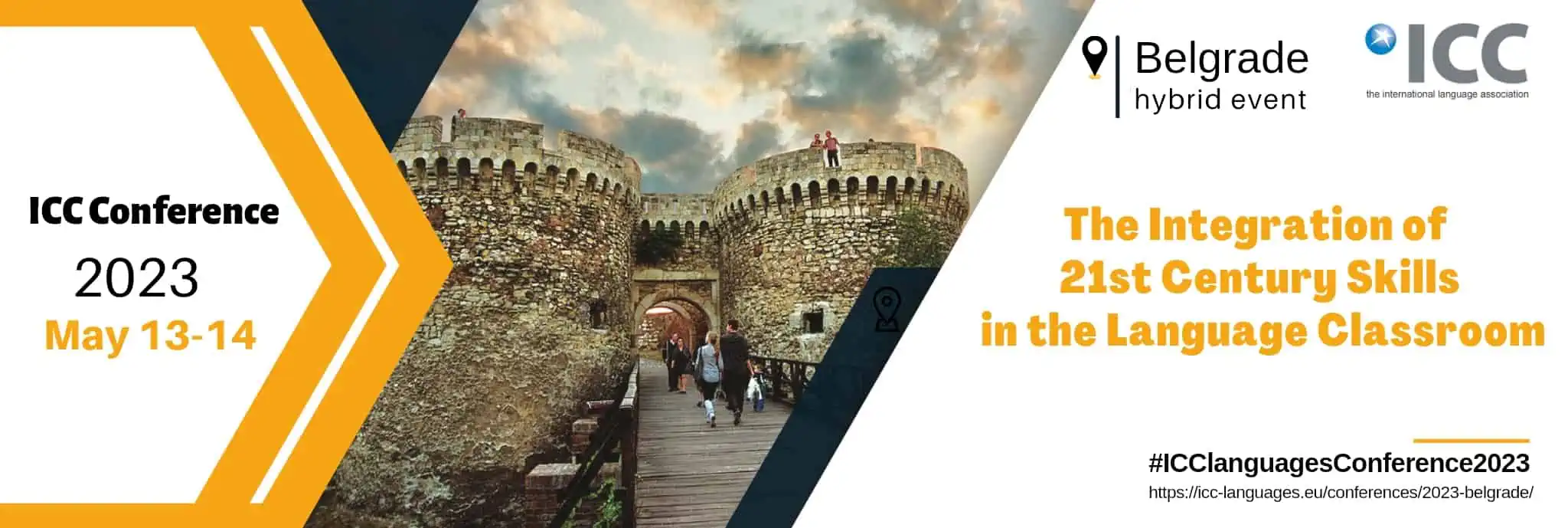Adapted Fiction as a Teaching Tool in the English-Language Classroom
Albéris Eron Flávio de Oliveira (Brazil)
Abstract
Based on a research study involving 144 secondary school students from a state school in Rio Grande do Norte, Brazil, this presentation aims to demonstrate that the use of readers in the classroom is an effective way to involve students in the learning process. It draws upon the theoretical frameworks of Larsen-Freeman (2000), Hill (2001), Kramsch (2001), Brown (2007), Marcuschi (2008), Almeida Filho (2007), among others.
Working with adapted fiction as a teaching tool in the English-language classroom can be a special way to involve students in the learning process. It allows for the incorporation of students’ world knowledge and makes them real participants in communicative purposes. Additionally, it introduces students to great authors and contexts and helps them develop a critical and responsive commitment to special themes. Adapted fiction also offers a broadened cultural awareness by bringing the reality of another culture into the classroom.
Bio
Albéris Eron Flávio de Oliveira holds a Master’s Degree in Comparative Literature from UFRN/BRAZIL and a PhD in Applied Linguistics from the same university. He writes about literature and language teaching and has already published “Nathaniel Hawthorne, Puritanism and the Eros Hypothesis in The Scarlet Letter” (2017), ‘Romance do Desassossego’ (2021) and ’77 anos desde o Diário de Anne Frank: cartas de Canguaretama para o mundo’ (2022). He specializes in Youth and Adult Education and also in Language Studies. He is a teacher of English at Instituto Federal de Educação, Ciência e Tecnologia do Rio Grande do Norte, Brazil.
eron.flavio@ifrn.edu.br

